How about this one:
Long term consumption of soda and sugary beverages alters your hormone
functioning — making it harder for your brain to know when you are full.
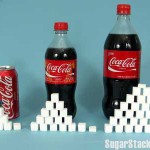
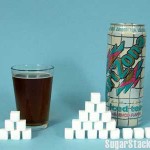
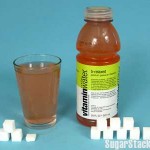
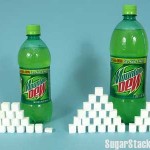
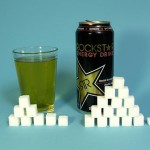
The debate over the New York soda tax continues. While both Governor Paterson and Mayor Bloomberg support a 1 cent-per-ounce tax on soda and other sugary beverages, there has been extensive lobbying against the tax by the beverage industry. And this seems to have influenced many NY politicians.
The pro-soda tax camp is rallying too though. A article from the Sunday New York Times profiled Dr. Richard F. Daines, the NY state health commissioner, who has been traveling around the state drumming up support for the soda tax. This issue is bigger than soda, he explains. It also has to do with what’s advertised to you, and the kinds of food available on your block.
From the NY Times:
“I raised my kids on Park Avenue. You can walk at least from 60th Street to 96th Street on Park Avenue. You won’t see a single soda billboard, you won’t see a single fast-food outlet, and I don’t think you could buy a soda. Basically, a child raised in that corridor has a soda-free day after school.”
But walk 30 blocks north to Harlem, he said, and the picture is different.
“This is cheap, it’s heavily advertised, it tastes really good. And then we plunge kids into that environment, and we say, if you have a problem, you lack self-control.”
Indeed. While what you eat is a personal choice, it is greatly influenced by what’s affordable and at your fingertips. In order to deal with our obesity epidemic we have to get past blame and shame, and work on solutions.
Another New York Times article gives a scary reason why drinking soda can lead to obesity:
Prolonged consumption of fructose causes a resistance to leptin — the hormone that signals to the brain when hunger is satiated.
Not only does soda give you unnecessary calories, it actually disrupts your body’s natural hormone functioning.
There truly are so many reasons to support the soda tax. And according to the NY Times 72% of New York residents favor the soda tax if the revenue is used for obesity prevention. The tax could generate $ 1.2 billion and reduce soda consumption buy as much as 10%.
It seems like an obvious solution. So why why why isn’t this idea picking up steam in Albany?
